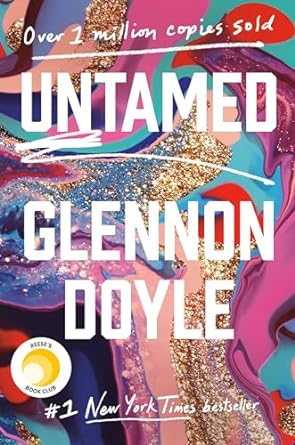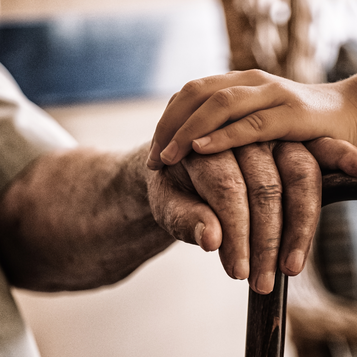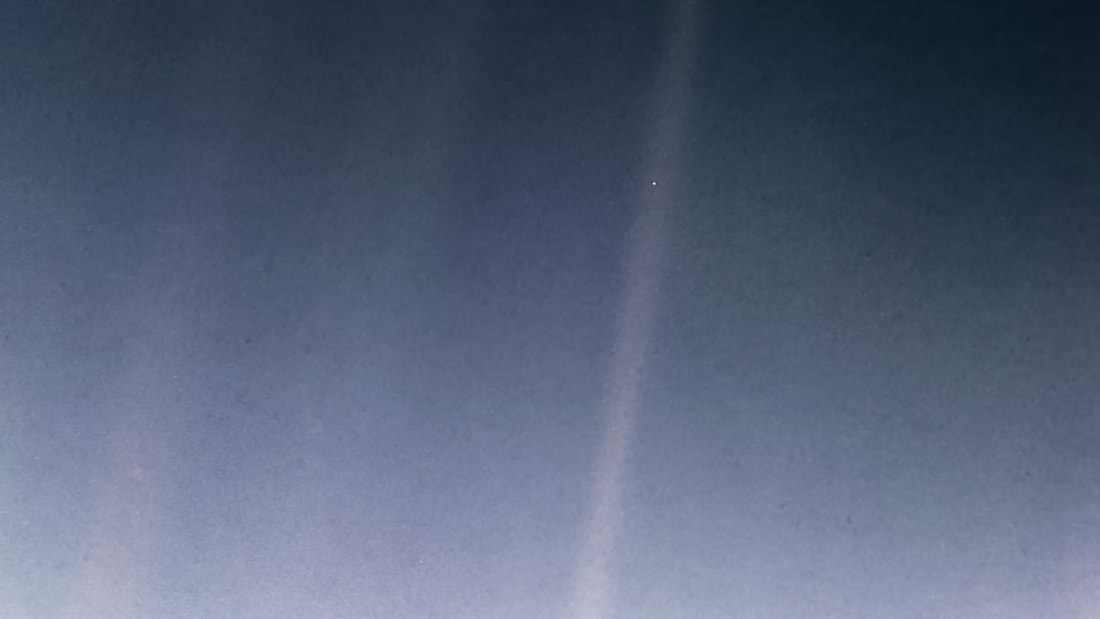 “Broken means: does not function as it was designed to function. A broken human is one who does not function the way humans are designed to function. When I think about my own human experience, what honest people have told me about their human experiences, and the experiences of every historical and contemporary human being I've ever studied, we all seem to function in the exact same way: We hurt people, and we are hurt by people. We feel left out, envious, not good enough, sick, and tired. We have unrealized dreams and deep regrets. We are certain that we were meant for more and that we don't even deserve what we have. We feel ecstatic and then numb. We wish our parents had done better by us. We wish we could do better by our children. We betray and we are betrayed. We lie and we are lied to. We say good-bye to animals, to places, to people we cannot live without. We are so afraid of dying. Also: of living. We have fallen in love and out of love, and people have fallen in love and out of love with us. We wonder if what happened to us that night will mean we can never be touched again without fear. We live with rage bubbling. We are sweaty, bloated, gassy, oily. We love our children, we long for children, we do not want children. We are at war with our bodies, our minds, our souls. We are at war with one another. We wish we’d said all those things while they were still here. They're still here, and we’re still not saying those things. We know we won't. We don't understand ourselves. We don't understand why we hurt those we love. We want to be forgiven. We cannot forgive. We don't understand God. We believe. We absolutely do not believe. We are lonely. We want to be left alone. We want to belong. We want to be loved. We want to be loved. We want to be loved. If this is our shared human experience, where did we get the idea that there is some other, better, more perfect, unbroken way to be human? Where is the human being who is functioning "correctly," against whom we are all judging our performances? Who is she? Where is she? What is her life if it is not these things? … If you are uncomfortable — in deep pain, angry, yearning, confused—you don't have a problem, you have a life. Being human is not hard because you're doing it wrong, it's hard because you're doing it right. You will never change the fact that being human is hard, so you must change your idea that it was ever supposed to be easy. I will not call myself broken, flawed, or imperfect anymore…” Untamed by Glennon Doyle (Page 92)
0 Comments
While spoon-feeding him with one hand
she holds his hand with her other hand, or rather lets it rest on top of his, which is permanently clenched shut. When he turns his head away, she reaches around and puts in the spoonful blind. He will not accept the next morsel until he has completely chewed this one. His bright squint tells her he finds the shrimp she has just put in delicious. Next to the voice and touch of those we love, food may be our last pleasure on earth– a man on death row takes his T-bone in small bites and swishes each sip of the jug wine around in his mouth, tomorrow will be too late for them to jolt this supper out of him... History:
This excerpt from Sagan's book Pale Blue Dot was inspired by an image taken, at Sagan's suggestion, by Voyager 1 on February 14, 1990. As the spacecraft left our planetary neighborhood for the fringes of the solar system, engineers turned it around for one last look at its home planet. Voyager 1 was about 6.4 billion kilometers (4 billion miles) away, and approximately 32 degrees above the ecliptic plane, when it captured this portrait of our world. Caught in the center of scattered light rays (a result of taking the picture so close to the Sun), Earth appears as a tiny point of light, a crescent only 0.12 pixel in size. Passage: Look again at that dot. That's here. That's home. That's us. On it everyone you love, everyone you know, everyone you ever heard of, every human being who ever was, lived out their lives. The aggregate of our joy and suffering, thousands of confident religions, ideologies, and economic doctrines, every hunter and forager, every hero and coward, every creator and destroyer of civilization, every king and peasant, every young couple in love, every mother and father, hopeful child, inventor and explorer, every teacher of morals, every corrupt politician, every "superstar," every "supreme leader," every saint and sinner in the history of our species lived there--on a mote of dust suspended in a sunbeam. The Earth is a very small stage in a vast cosmic arena. Think of the rivers of blood spilled by all those generals and emperors so that, in glory and triumph, they could become the momentary masters of a fraction of a dot. Think of the endless cruelties visited by the inhabitants of one corner of this pixel on the scarcely distinguishable inhabitants of some other corner, how frequent their misunderstandings, how eager they are to kill one another, how fervent their hatreds. Our posturings, our imagined self-importance, the delusion that we have some privileged position in the Universe, are challenged by this point of pale light. Our planet is a lonely speck in the great enveloping cosmic dark. In our obscurity, in all this vastness, there is no hint that help will come from elsewhere to save us from ourselves. The Earth is the only world known so far to harbor life. There is nowhere else, at least in the near future, to which our species could migrate. Visit, yes. Settle, not yet. Like it or not, for the moment the Earth is where we make our stand. It has been said that astronomy is a humbling and character-building experience. There is perhaps no better demonstration of the folly of human conceits than this distant image of our tiny world. To me, it underscores our responsibility to deal more kindly with one another, and to preserve and cherish the pale blue dot, the only home we've ever known. – Carl Sagan, Pale Blue Dot, 1994 |
�
Categories
All
Archives
June 2024
|
Please keep in touch!
[email protected] | (503) 223-2214
Subscribe to Robert’s newsletter for the latest news on retreat offerings, classes, and special events.
Subscribe to Robert’s newsletter for the latest news on retreat offerings, classes, and special events.
© 2023 Robert Beatty. All Rights Reserved.



 RSS Feed
RSS Feed